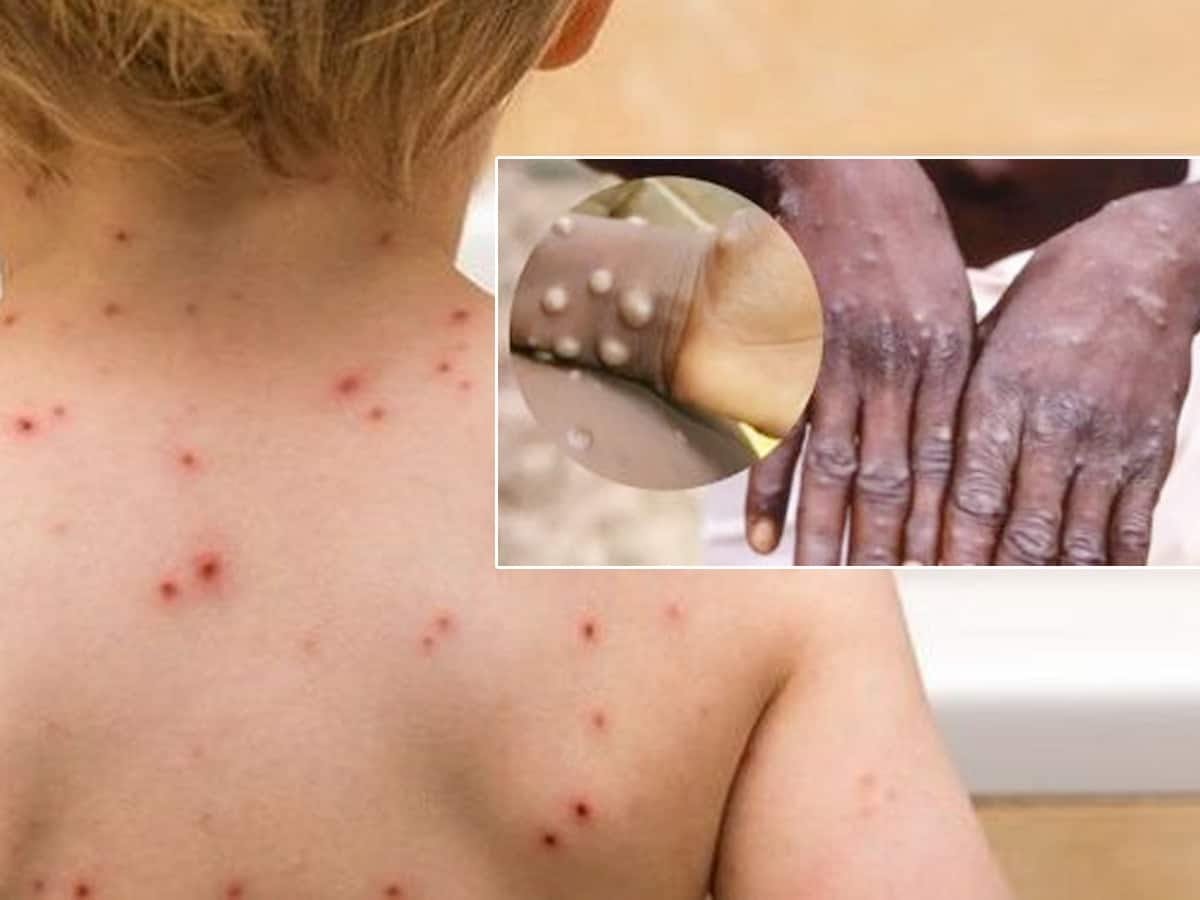The fourth case of Monkey pox has been reported in Delhi on Sunday. Dr. Suresh Kumar, Medical director of Lok Natak Jai Prakash Narayan hospital (LNJP) reported that no travel history of the 31-year-old man with Monkeypox has been based.
This is the fourth case reported in India without any travel history, the other three being in Kerala with travel records.
The patient is admitted to Maulana Azad Medical College. The 31-year-old man was admitted to the hospital with a fever and a skin contusion; nevertheless, he is stable.
The first case of the Monkeypox was reported in Kerela on July 14 after a man returned from the UAE. He had been admitted to the hospital in Thiruvananthapuram. The other two cases were reported on July 18 and July 22 in the Kannur and Malappuram districts of Kerala, respectively.
The virus was declared a public health emergency on Saturday by the World Health Organisation (WHO). More than 70 countries are affected by the outbreak of the virus, which has made it an international concern.
Tedros Adhanom Ghebreyesus, Director-General of WHO said, “I have decided that the global monkeypox outbreak represents a public health emergency of international concern.”
“Monkeypox has been spreading rapidly and to many countries that have not seen it before, which is a matter of great concern. However, with cases concentrated among men who have sex with men, it is possible to curtail further spread of the disease with focused efforts among the at-risk population,” said, Regional Director of the World Health Organization, Dr. Poonam Khetrapal Singh.























